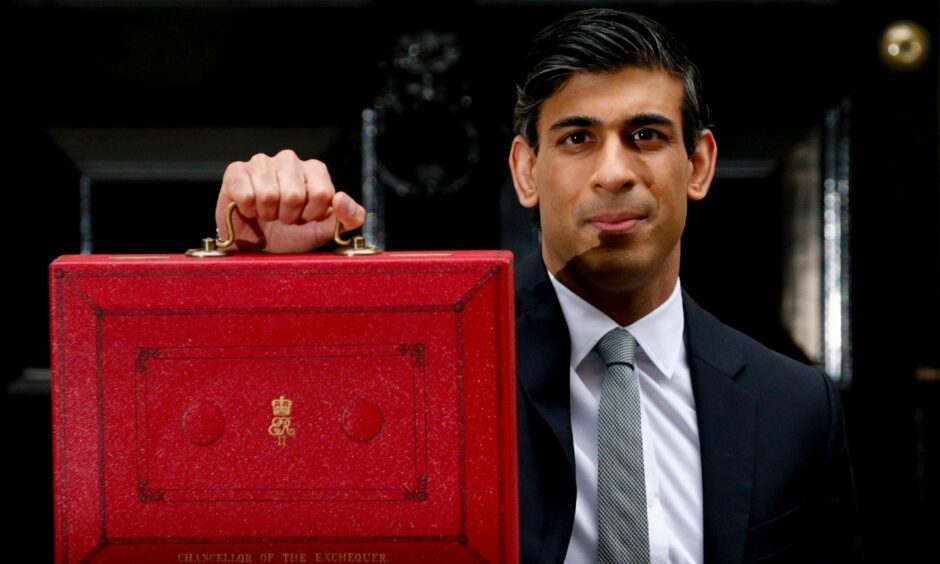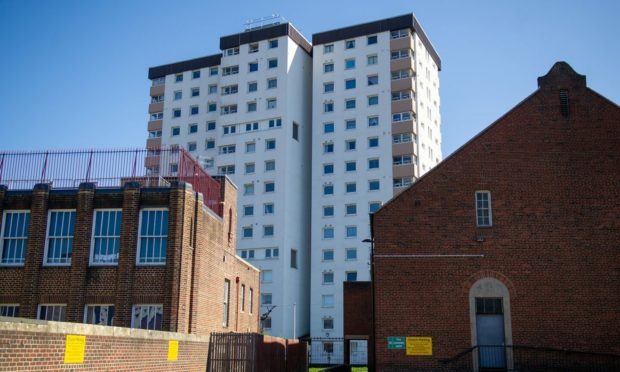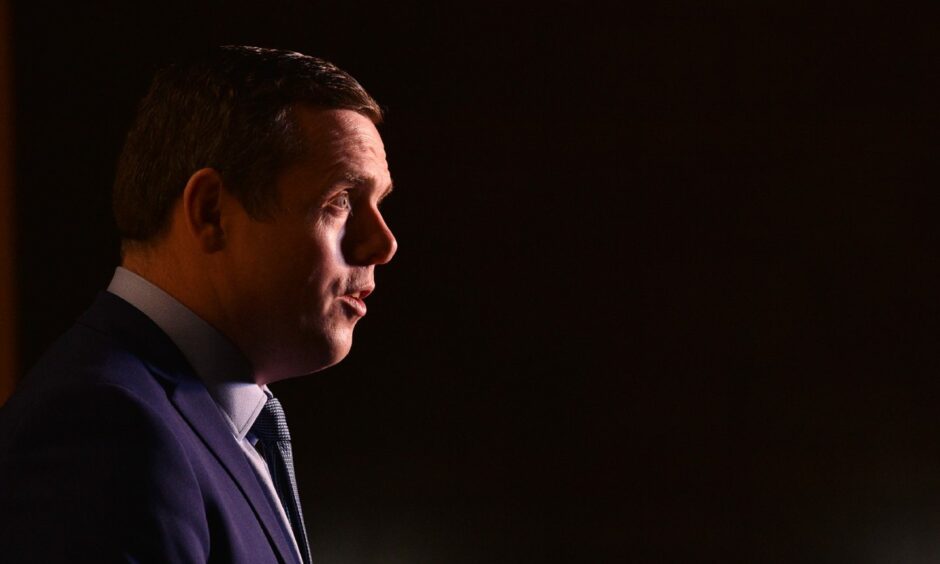Nearly half of families with children in Dundee West and Glenrothes will be hit by planned cuts to Universal Credit and Working Tax Credit.
Analysis by the Joseph Rowntree Foundation (JRF) reveals 4,320 families in the Dundee West constituency (49%) would be impacted by the reduction in benefits.
In Glenrothes, 5,290 families with children receive the benefit payments (49%), which would mean the two constituencies would be among the worst-hit in Scotland, if the policy goes ahead.
In the biggest cut to the basic rate of social security since the Second World War, the UK Government is preparing to reduce the benefits by £20-a-week from October 6 – the equivalent to £1,040 a year.
The temporary £20-a-week uplift was introduced to help claimants weather the storm of the coronavirus pandemic, but opposition politicians and charities have called for it to be made permanent.
‘Families now face a cliff edge’
Chris Law, SNP MP for Dundee West, said he is “very concerned” that families in his constituency “now face a cliff edge when the UK Government pulls the extra support in October”.
His constituency – which would be one of the worst hit in Scotland – is made up of neighbourhoods including Lochee, Birkhill, Bridgefoot and Lundie.
Mr Law said: “I know from speaking to my constituents that the added security to their weekly household budget the uplift has provided has been vital over the last 18 months, and I cannot understand why the UK Government would wish to deprive families of this in the middle of our collective recovery.
“If we are to have a proper and meaningful recovery from the pandemic, then they should not only make the uplift permanent but extend it to those on legacy benefits too.
“If the UK Government press ahead with its removal, then they risk condemning thousands of families to impoverishment, at a time when support is needed more than ever.”
Across Scotland, more than one in three (37%) families will lose £1,040 per year if the planned cuts go ahead, the independent analysis found.
Douglas Ross defends cut
In Scottish Conservative leader Douglas Ross’ Westminster constituency of Moray, 3,150 families – around three in 10 (31%) – will experience the cut.
Mr Ross defended the decision to withdraw the £20 uplift, stating that the UK has “got to start to pay back what has been spent during this crisis”.
The Moray MP said he discussed the issue with Prime Minister Boris Johnson and Chancellor Rishi Sunak during their recent visits to Scotland.
Despite remaining tight-lipped on his personal opinion on the matter, he confirmed he did not disagree with the UK Government’s approach.
He also declared the “worst” of the pandemic over despite more than 5,000 cases being recorded in Scotland on Wednesday – the highest daily total so far.
Mr Ross added: “I haven’t heard any other opposition politicians say where they would get the extra £6 billion to fund a permanent uplift of the £20 for Universal Credit.”
‘It is a scandal’
Chris Birt, deputy director for Scotland at the Joseph Rowntree Foundation, said it is a “scandal that the UK Government’s strategy for economic recovery is to plunge families who are already struggling deeper into poverty and debt”.
He added that while the responsibility for the “devastating cuts” lies with the UK Government, it “highlights the urgent need for the full roll-out and doubling of the Scottish Child Payment to support families with children in Scotland.”

First Minister Nicola Sturgeon was urged by more than 100 leading poverty campaigners to double the “lifeline” payment to help desperate families.
Her government has pledged to extend the £10-a-week payment for low income Scots, currently given to those under six, to under-16s by the end of next year and double it to £20 a week in the next five year term.
A Scottish Government spokesman said it is investing £77 million a year through bridging payments – worth £520 a year in 2021 and 2022 – ahead of a full roll out of the Scottish Child Payment.
He added: “The UK Government’s decision to withdraw the £20-per-week uplift to Universal Credit is indefensible and we have urged the UK Government to reverse the decision and halt the senseless harm they are about to inflict on already hard pressed families.”
‘A vital safety net’
A UK Government spokesman said the temporary uplift was “designed to help claimants through the economic shock and financial disruption of the toughest stages of the pandemic”.
He added: “Universal Credit will continue to provide a vital safety net and with record vacancies available, alongside the successful vaccination rollout, it’s right that we now focus on our Plan for Jobs, helping claimants to increase their earnings by boosting their skills and getting into work, progressing in work or increasing their hours.
“The Scottish Parliament has significant welfare powers and can top-up existing benefits, pay discretionary payments and create entirely new benefits in areas of devolved responsibility.”


